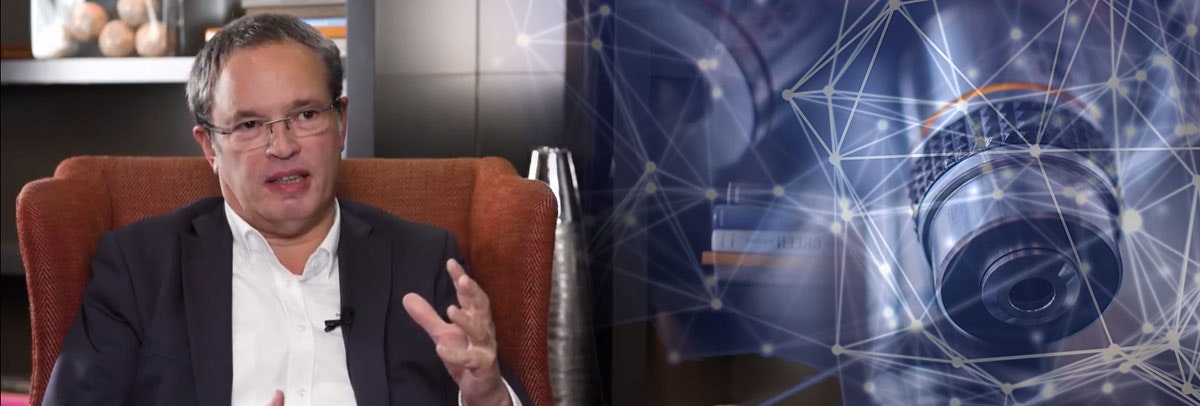Avoiding microbial contamination in the industrial fermentation process

At the World Ethanol and Biofuels Conference in Brussels last year, we were treated to a unique case study focused on the improvement of the industrial fermentation process.
The case study detailed the strategic research partnership between Syngulon (a synthetic biology start-up developing original genetic technologies using bacteriocins to improve microbial fermentation) and Tereos (a leader in the sugar, alcohol and starch markets).
The objective of the partnership was to develop a "library of bacteriocin genetic elements through synthetic biology." The team at Syngulon would create the library from the samples made available by Tereos, which would then allow for Tereos to improve their processes to avoid microbial contamination.
We caught up with Guy Hélin (Co-founder and CEO, Syngulon) and Tony Pouply (Product and Process Support Leader of Fermentation Technology, Tereos) to discuss the details of their partnership.
Watch/ read the interview below.
I believe in this industry, even if you have a small increase in yield percentage, you will be very happy due to the large volumes.
Q: What are the goals of your R&D partnership with Tereos?
Guy Hélin: We are developing technologies together. One of the technologies we are developing is to assist with the avoidance of micro-contamination. We are a big R&D project financed by the Wallonia region of Belgium.
For us it was very important to find a partner that has existing plans with potential microbial contamination that was able to give us samples to analyse and find the contaminants. We then needed to design the right cocktail of bacteriocin – of which we have the IP – in order to find the contaminants.
Q: Do you expect your work to result in cost savings for the industry? If so, how much?
GH: The second part is difficult to answer, but we are expecting very important cost savings as there are huge consequences when you have contamination in terms of the reduction of yield.
When our technology is implemented, we expect to see a decrease in loss due to microbial contamination, which in turn means there will be a better yield. I believe in this industry, even if you have a small increase in yield percentage, you will be very happy due to the large volumes.
Q: How much progress had previously been made with introducing synthetic biology to the ethanol industry?
GH: The short answer for Europe is that’s it’s very simple – it’s zero. In the US and Brazil, it is very different as there are some generically modified yeasts which they have introduced previously.
I’m not sure that I can call all of them synthetic biology yeasts – they are genetically engineered – but maybe not synthetic biology. That will be the next step.
Q: Why have you chosen to partner with Tereos for this project?
GH: We were looking for a partner which had more than a few plants operating. It was very important for us to choose a large partner and that was exactly what Tereos was able to offer us.
The second half of the interview is with Tony Pouply.
Q: How and why are you trying to minimise microbial contamination in ethanol production?
Tony Pouply: Microbial contamination is one of the large issues we can encounter in fermentation. The main losses come from contaminants, especially bacteria or wild yeasts, and you are talking about hundreds of kilograms of losses per year. It’s one of the largest problems that we encounter in the fermentation process.
We have different ways in which we combat these kinds of problems and therefore we sought a collaboration with Syngulon as they provide us with two different solutions.
Q: Why have you chosen to partner with Syngulon on this project?
TP: As I mentioned, Syngulon gives us two things.
They allow us to better understand the population of contaminants in our tanks via meta-genomic analysis, and they also give us a solution for the near future to fight against specific contaminants.
Thanks to this we can keep the yeast alive and kill the contaminants.
Find out more about the Sugar & Ethanol events taking place in 2020 here.
